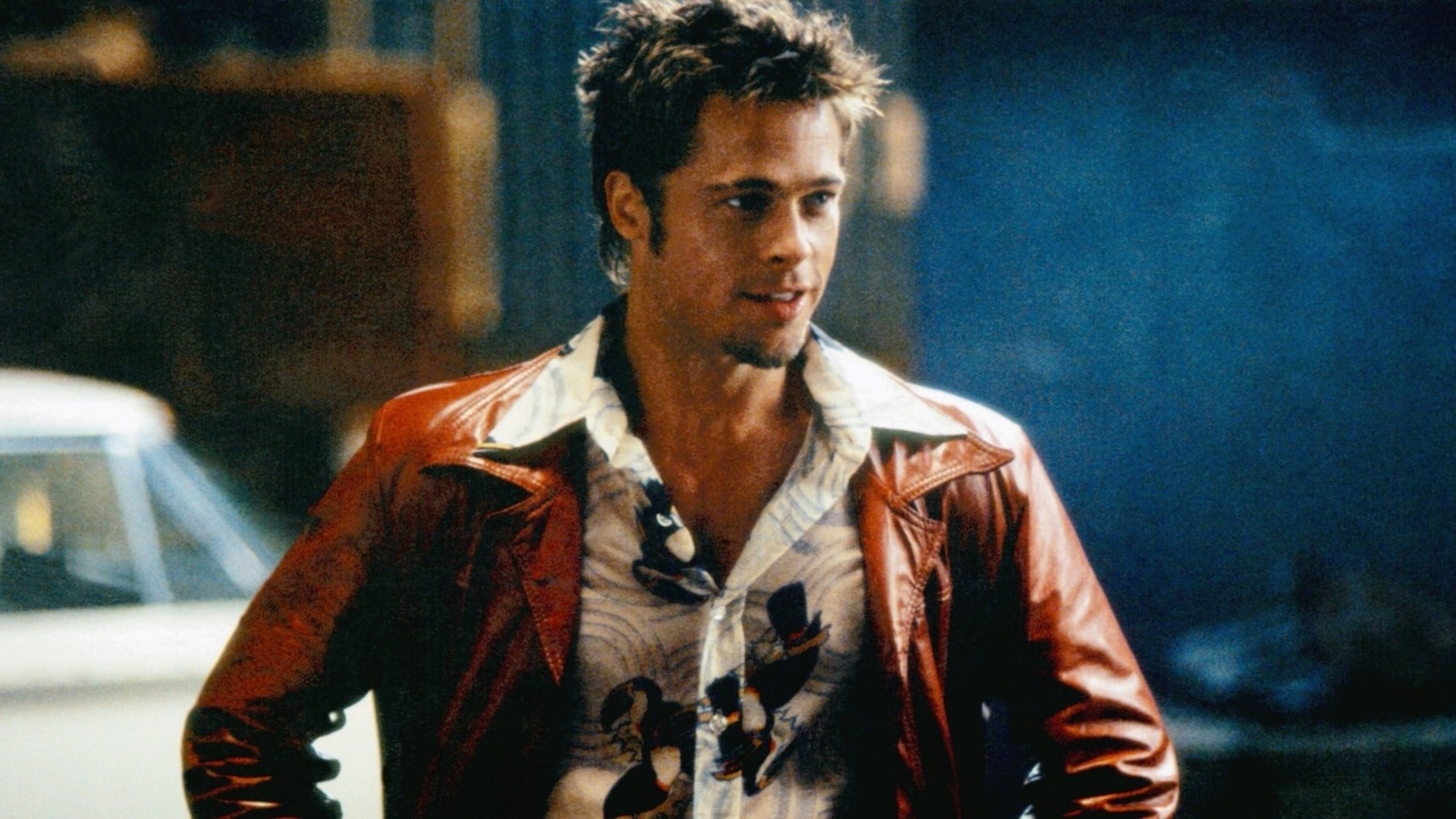
“On the planet I see,” Tyler says within the movie’s most essential speech, “you’re stalking elk via the damp canyon forests across the ruins of Rockefeller Middle. You will put on leather-based garments that can final you the remainder of your life. You will climb the wrist-thick kudzu vines that wrap the Sears Tower. And once you look down, you will see tiny figures pounding corn, laying strips of venison on the empty carpool lane of some deserted superhighway.” Tyler needs nothing lower than a return to an agrarian society.
It does not take a really refined viewers member to see “Struggle Membership” as a condemnation of ultra-masculine violence as a cathartic launch. Within the movie’s early struggle scenes, the punches and bruises do certainly present Tyler and the Edward Norton character with the outlet they should specific their frustration, however it’s straightforward to know that nihilistic destruction can’t be delivered to any form of logical conclusion past the apocalypse. There may be, in fact, a darkish working-class fantasy within the movie’s closing scenes — when Norton witnesses the destruction of a number of banks and bank card corporations — however Tyler’s means are twisted and incorrect.
In The Guardian piece, David Fincher appears exasperated by the far-right interpretation of his work. Finally, nonetheless, he simply needed to step away, saying:
“I am not answerable for how individuals interpret issues […] Language evolves. Symbols evolve. […] OK, effective. It is considered one of many touchstones in [far right] lexicography.”
When requested how he felt about that, Fincher mentioned:
“We did not make it for them, however individuals will see what they will see in a Norman Rockwell portray, or Guernica.”
By the way, Artsper Journal did an important, temporary rundown on Guernica for his or her web site in 2019.


